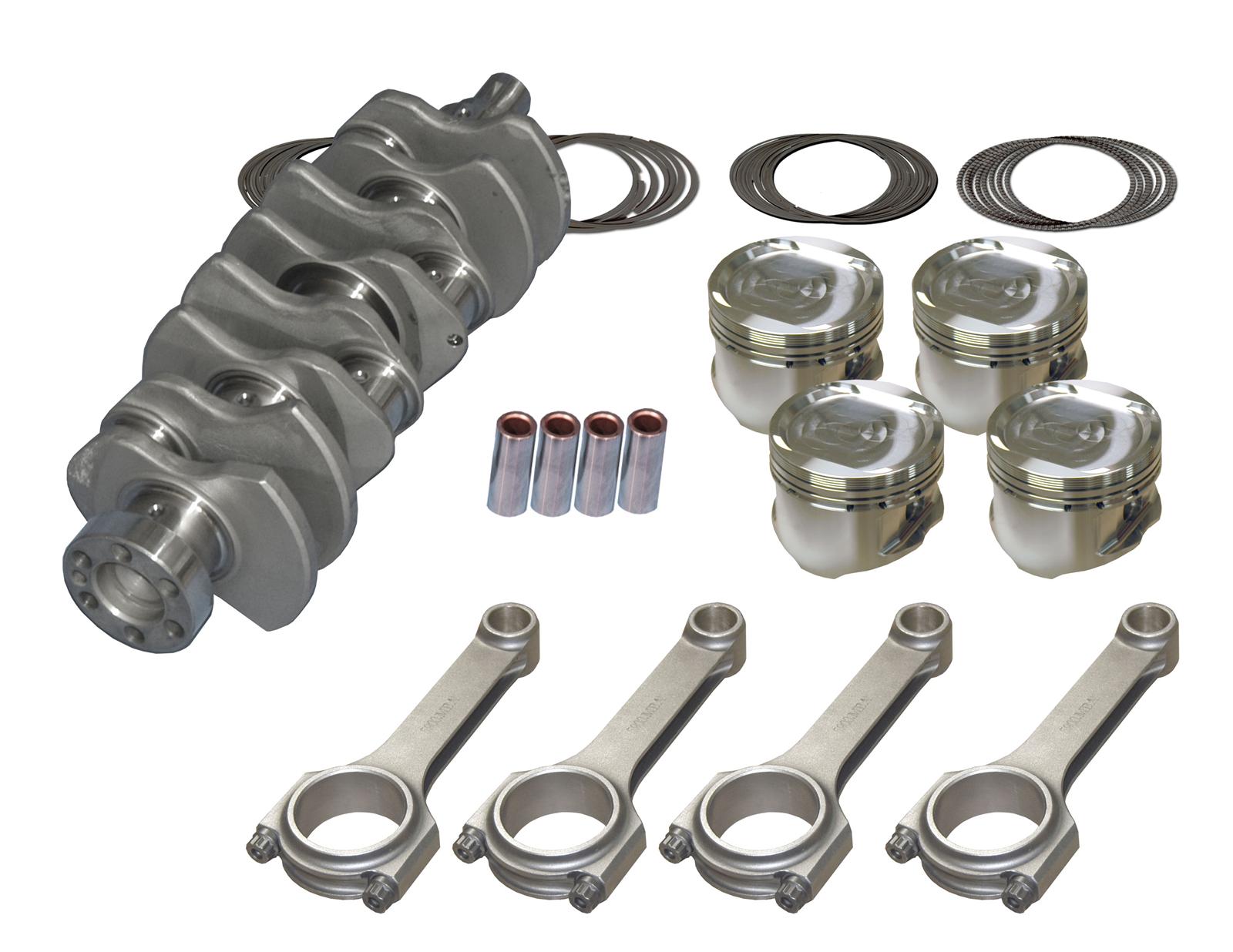Winter is a formidable foe for engines, especially when temperatures take a nosedive. Selecting the right engine oil is crucial to keep things running smoothly amid the chill. One pivotal aspect to consider when choosing your winter oil is viscosity.
Understanding Viscosity in Engine Oil
Viscosity is the backbone of oil’s personality—how thick or thin it flows. In winter’s chill, oils with lower viscosity are beloved, keeping their liquidity intact. This crucial flow ensures engines remain protected even in frosty conditions. You’ll often see viscosity rated as numbers like 5W-30. The first number, like “5W,” reveals cold-weather performance. A lower number means the oil dances fluidly in cold, safeguarding your engine from winter’s bite.
As temperatures plummet, thick oil can turn starting the engine into a struggle. That’s why selecting oil with just the right viscosity is crucial. It guarantees silky lubrication and minimizes engine wear. A finely-tuned engine runs like a dream, dodging wear and tear from friction.
Importance of Low Pour Point in Winter Oils
When it comes to winter engine oil, the pour point reigns supreme. This crucial metric reveals the lowest temperature at which the oil flows freely. Oils boasting a lower pour point are the winter warriors, bravely battling the cold. They ensure that your engine glides smoothly, even when temperatures drop like a stone. Keeping your engine lubricated in freezing conditions is their specialty; they’re your cold-weather champions!
Synthetic oils are winter warriors with low pour points, ready to battle the chill. Unlike their conventional counterparts, they won’t stiffen up in the cold. This means they flow freely, protecting your engine like a cozy blanket. Hydraulic oil can also provide similar benefits. Enjoy smooth starts and keep engine strain at bay with every turn of the key.
Why Synthetic Oils are Best for Winter
Synthetic oils are engineered to provide better performance in extreme temperatures. They offer several benefits, including:
- Better flow at low temperatures
- Improved engine protection
- Reduced wear and tear
- Enhanced fuel efficiency
Due to their myriad benefits, drivers often favor synthetic oils, particularly in winter. These oils keep engines well-lubricated, ensuring smooth performance even in frigid conditions.
How to Choose the Right Engine Oil for Cold Weather
When selecting engine oil for winter, consider the following tips:
- Check the Viscosity Rating: Seek oils with a lower viscosity rating, such as 5W-30 or 0W-20. These slick lubricants glide effortlessly even in the coldest climes, ensuring top-notch protection for your engine.
- Look for Synthetic Oils: Synthetic oils are your engine’s winter warriors, conquering the cold with ease. They glide seamlessly, ensuring smooth performance while sipping less energy. Experience reduced stress on your engine, letting it thrive in frigid temperatures.
- Consider the Pour Point: Select an oil with a low pour point, perfect for icy climes. This keeps it flowing smoothly, even when temperatures plunge. Enjoy effortless cold starts and dependable engine lubrication, ensuring your ride runs like a well-oiled machine.
- Follow Manufacturer Recommendations: Before you unleash the power of your vehicle, consult the owner’s manual. It’s your guide to the perfect oil type and viscosity. Using the right oil is key to unlocking optimal engine performance. Keep your engine humming smoothly and running like a dream.
- Use High-Quality Oils: Investing in top-tier engine oil is like giving your engine a fountain of youth. It extends its life and boosts performance efficiency. Reputable brands deliver oils that meet rigorous industry standards. With their superior protection, your engine can roar with confidence for miles to come.
Hydraulic Oil and Its Role in Engine Performance
Hydraulic oil is the lifeblood of engines and machinery, ensuring seamless performance. Crafted for lubrication, it reduces friction while enhancing efficiency and reliability. When selecting high-quality hydraulic oil, opt for one that meets industry standards. This choice guarantees exceptional protection, no matter the weather’s whims.
Conclusion
Selecting the perfect engine oil for winter is crucial for thriving performance. With lower viscosity, a low pour point, and synthetic boosts, your engine stays in its groove—no matter how frigid it gets. Choosing the right oil enhances fuel efficiency, eases engine wear, and paves the way for a smooth winter drive. Always consult your vehicle’s manual; investing in quality oil keeps your engine humming harmoniously.



